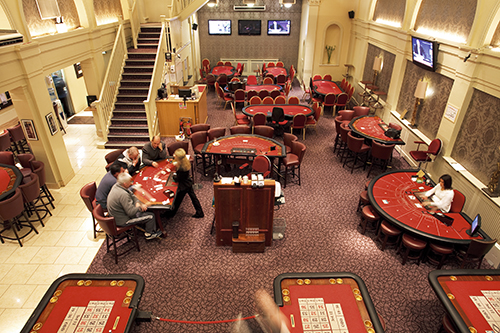Land-based operators in the Republic of Ireland are broadly welcoming draft proposals set out in the Gambling Control Bill that could go into effect as early as the autumn.

Following decades of uncertainty and allegations of illegitimacy, the land-based casino sector in the Republic of Ireland is welcoming coming legislation that aims to establish a new regulator and set out a straightforward set of controls.
Gambling has been a popular pastime in Ireland for centuries and this did not change after the southern 26 counties of the island gained independence from the UK in the 1920s. Although there were no casinos in this new nation at the time, a large number of travelling carnivals offered numerous betting-type games including Pongo while on-course and off-course wagering on horse and dog races was tremendously prevalent, which prompted the government of the day to pass the Licensing Betting Act of 1931.
Amusement arcades were also widespread although these had been completely unregulated until the passage of the Gaming and Lotteries Act of 1956. Promoted as a way to protect the population from the effects of problem gambling, this piece of legislation also outlawed land-based casinos and this aspect of the legislation was only circumvented in the early 1970s following the advent of private members card clubs.
“There was no real legislation in Ireland before 1956 regulating things such as amusement arcades or casinos so there was a real need for measures to oversee these activities,” said David Hickson, chairman and director of the Gaming and Leisure Association of Ireland (GLAI).
Read the full article in the March issue of InterGaming

